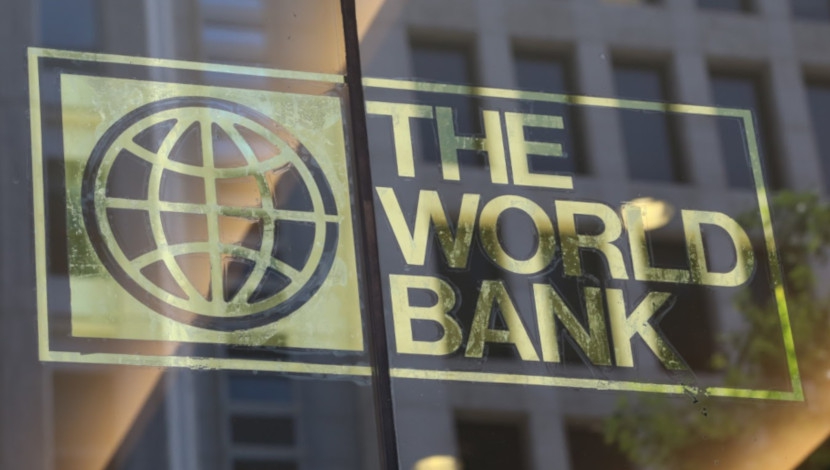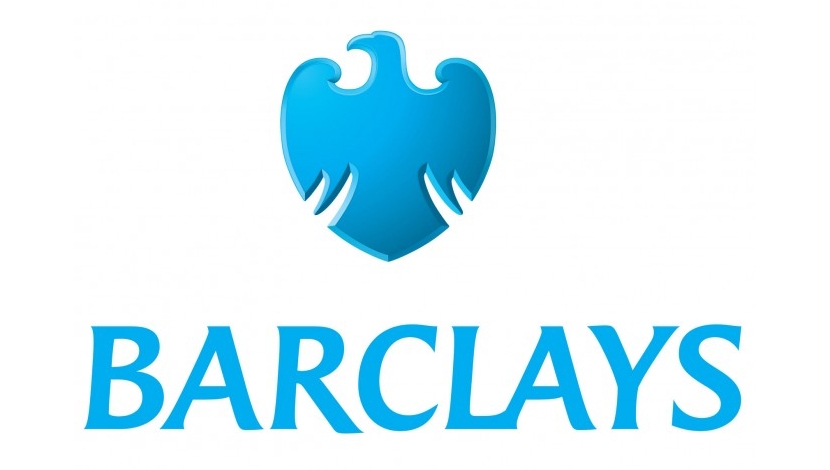

The World Bank has lowered its 2016 growth forecast for Africa to 3.3%, from 4.2%, after the continent expanded by only 3% in 2015;
the slowest pace of growth since the 2009 global financial crisis and well below the 6.8% levels experienced by the continent between 2003 and 2008.
The bank’s latest Africa’s Pulse publication, released on Monday, indicated that the weak 2015 performance, as well as the 2016 downward revision, could be attributed largely to the plunge in commodity prices, which had lowered trade for the continent’s oil and minerals exporters.
Commodity price drops would also lower Africa’s terms of trade in 2016 by an estimated 16% and the “impact of this shock is expected to lower economic activity by 0.5% from the baseline, and to weaken the current account and fiscal balance by about 4 and 2 percentage points below the baseline, respectively”.
Growth expectations for 2017 had also been reigned in to 4.5%, form 4.7% previously, and the bank argued that commodity exporters across the region would need to adjust to a “new, lower level of commodity prices”.
“Furthermore, the region will also need to focus on developing new sources of growth.”
South Africa’s weak growth performance was also likely to be a key factor in determining the outcome of the current review of South Africa’s foreign currency sovereign rating by the ratings agencies, which would make pronouncements in June.
Hanusch said government seemed to be taking serious steps to deal with debt levels and to moderate spending, but indicated that growth remained the “big unknown”.
For South Africa, the deterioration in the business environment would depress investment growth in 2016, the bank said, adding that high unemployment and interest rate hikes would also limit private consumption.
However, Hanusch felt there was still potential for government to take actions to stimulate the services sector and for the country’s manufacturing sector to begin taking greater export advantage of the 16% decline in the value of the rand against the dollar since January 2015.
Newly appointed chief economist for Africa Albert Zeufack argued that Africa was at a “critical moment”, with more and more countries facing fiscal, monetary and balance-of-payments stresses.





